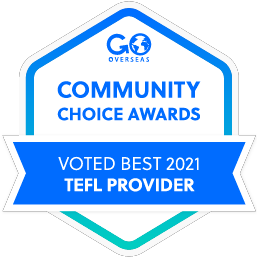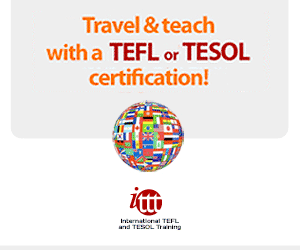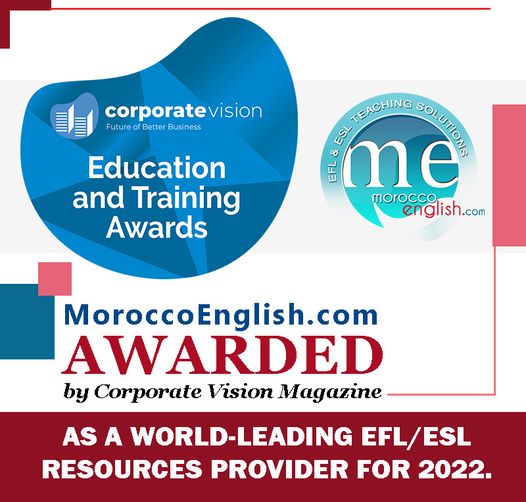What are the differences between formal and informal education?
* A formal education means what you learned in school with an accredited certificate or degree will be given at the end . Informal education means what you learned from experience or by studying on your own initiative.
Formal education is the structured system of learning provided or overseen by a local or national government body for its citizens. Generally speaking, a person's formal education begins at nursery or kindergarten and may stretch on through University. Non-formal education is learning acquired independently through non-academic means. It can either mean that you are self-taught through your own reading and research, or through experience.
As for Non formal education , it is an instruction that is not obligatory and structured and is learned outside the context of a formal school. ( extra hours – learning other languages , evening classes without expecting to be given an accredited or an official certificate )
Vocabulary:
Education:
The process of teaching or learning in a school or college, or the knowledge that you get from this.
Educational systems : are established to provide education and training, often for children and the young.
"The educational system in most underdeveloped countries needs to be reformed."
Educational goals:
Each country identifies the educational goals to be achieved by its educational system.
Educational background:
Past experience in education. To become an engineer in Electronics you need to have a scientific educational background.
School subject:
A course or area of study: mathematics, English, French, physics…are school subjects.
"Math is her best subject."
School year:
The school year starts in September and ends in June
School uniform:
It is obligatory that students wear school uniforms in some schools.
Private lessons:
Some students need private lessons to keep up with their mates in learning some school subjects.
Private schools:
Students who go to private schools pay fees.
University graduate:
A person who holds a university or college degree. University graduates find difficulties getting jobs these days.
University degree:
An academic title given by a college or university to a student who has completed a course of study:
"You go to university to get a university degree."
"Bachelor of Arts degree."
Learning needs:
Learners should identify their learning needs in order to get the appropriate learning.
Learning strategies:
Learning strategies (or study skills)are techniques used to proceed in your own learning.
Learning goals:
Learning goals are the target behaviour a learner attains through his learning experience.
Adult illiteracy
Adult illiteracy is a major concern for any development.
Adult education:
Adult education is the practice of teaching and educating adults. It has become common in many countries. It takes on many forms, ranging from formal class-based learning to self-directed learning. There are more than 800 million adults that cannot read or write.
Adult education usually takes place in the evening.
Formal education:
Formal education results from a program of instruction in an educational institution leading to a qualification / certification.
Informal education:
Informal education occurs in daily work, leisure or family.
Non-formal education:
Non-formal education results from a program but it is not usually evaluated and doesn't lead to certification.
Basic Education:
Basic education refers to the whole range of educational activities taking place in various settings (formal, non formal and informal), that aim to meet basic learning needs. According to the International Standard Classification of Education (ISCED), basic education comprises primary education (first stage of basic education) and lower secondary education (second stage). In countries (developing countries in particular), Basic Education often includes also pre-primary education and/or adult literacy programs .Universal basic education is regarded as a priority for developing countries
" Every citizen should acquire at least a basic education to be able to read and write."
Primary Education:
Primary (or elementary) education consists of the first years of formal, structured education. In general, primary education consists of six or seven years of schooling starting at the age of 5 or 6, although this varies between, and sometimes within, countries.
Secondary Education:
In most contemporary educational systems of the world, secondary education consists of the second years of formal education that occur during adolescence. It is characterized by transition from the typically compulsory, comprehensive primary education for minors, to the optional, selective tertiary, "post-secondary", or "higher" education (e.g., university, vocational school) for adults.[
At high schools students get secondary education.
Higher education:
Higher education, also called tertiary, third stage, or post secondary education, is the non-compulsory educational level that follows the completion of a school providing a secondary education, such as a high school, secondary school. Tertiary education is normally taken to include undergraduate and postgraduate education, as well as vocational education and training. Colleges and universities are the main institutions that provide tertiary education. Collectively, these are sometimes known as tertiary institutions. Tertiary education generally results in the receipt of certificates, diplomas, or academic degrees.







































